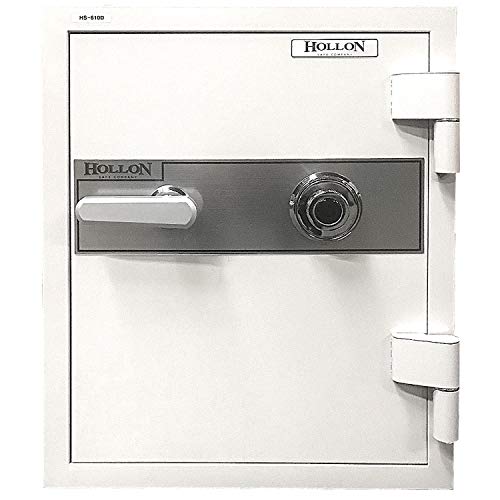Hollon HS-610D 2 Hour Office Safe with Dial Combination Lock
The company's financial performance has been a topic of great interest in the business community. As the year-end approaches, investors and analysts are closely monitoring the company's financial statements, seeking insights into its financial health and future prospects. The company's management team has a responsibility to provide accurate and transparent financial information to its stakeholders, allowing them to make informed decisions about their investments.
One of the key financial metrics that investors often focus on is the company's revenue. Revenue is the total amount of money the company has generated from the sale of its products or services during a specific period. It is a crucial indicator of the company's top-line performance and provides insights into the demand for its offerings. Investors closely analyze the company's revenue growth, as it can indicate the company's ability to expand its customer base, introduce new products, or effectively penetrate new markets.
Another important financial metric is the company's profitability, which is typically measured through indicators such as net income, operating income, or earnings per share (EPS). Profitability reflects the company's ability to generate a surplus after accounting for all its expenses, including the cost of goods sold, operating expenses, and taxes. Investors often use profitability metrics to assess the company's efficiency, management's effectiveness, and the potential for future growth and dividends.
The company's balance sheet is another crucial financial document that investors scrutinize. The balance sheet provides a snapshot of the company's assets, liabilities, and shareholders' equity at a specific point in time. It helps investors understand the company's financial position, including its liquidity, solvency, and the efficiency of its asset utilization. Investors may analyze the company's debt-to-equity ratio, current ratio, and other balance sheet-related metrics to gauge the company's financial stability and risk profile.
Finally, the company's cash flow statement is a valuable tool for investors to assess the company's ability to generate and utilize cash. The cash flow statement shows the sources and uses of cash during a specific period, providing insights into the company's ability to pay its bills, fund its operations, and invest in growth opportunities. Investors may examine the company's operating cash flow, free cash flow, and other cash flow-related metrics to evaluate the company's financial flexibility and long-term sustainability.
By analyzing the company's financial statements, investors can gain a comprehensive understanding of its financial performance, identify potential risks and opportunities, and make informed investment decisions. The company's management team plays a crucial role in ensuring the accuracy and transparency of its financial reporting, fostering trust and confidence among its stakeholders.
product information:
| Attribute | Value | ||||
|---|---|---|---|---|---|
| brand | Hollon | ||||
| lock_type | Combination, Key | ||||
| color | Chrome | ||||
| material | Alloy Steel | ||||
| special_feature | Fire Resistant | ||||
| included_components | Keys, Bolts | ||||
| water_resistance_level | Not Water Resistant | ||||
| chamber_depth | 299 Millimeters | ||||
| upc | 011583283858 | ||||
| part_number | HS-610D | ||||
| item_model_number | HS-610D | ||||
| style | Classic | ||||
| item_package_quantity | 1 | ||||
| special_features | Fire Resistant | ||||
| customer_reviews |
| ||||
| best_sellers_rank | #833,450 in Tools & Home Improvement (See Top 100 in Tools & Home Improvement) #96 in Wall Safes | ||||
| date_first_available | March 15, 2019 |

















